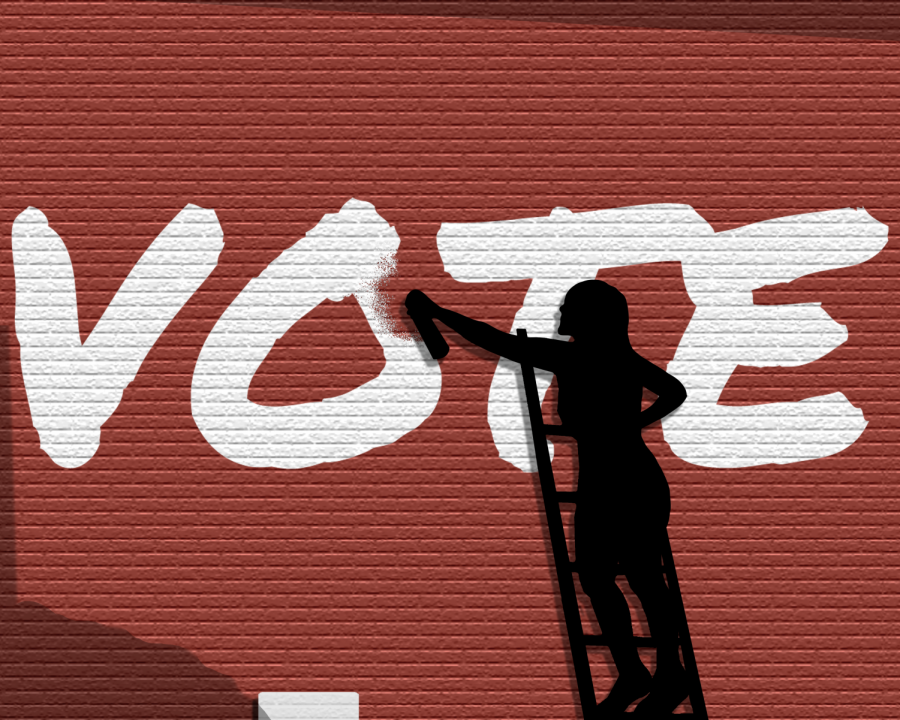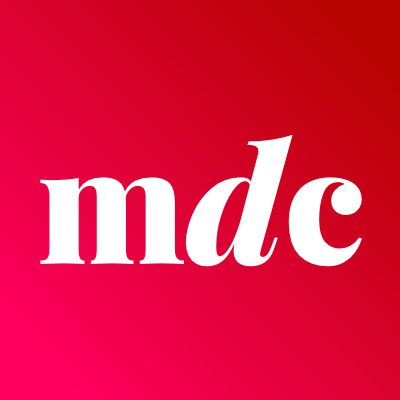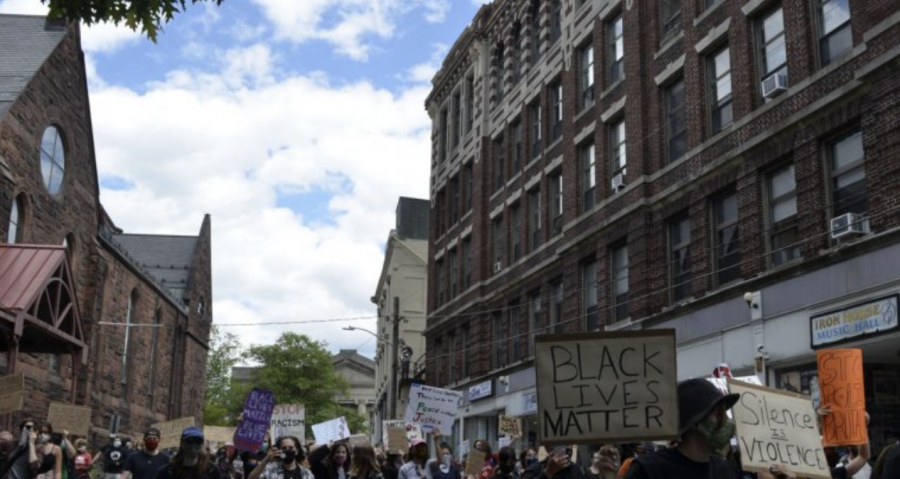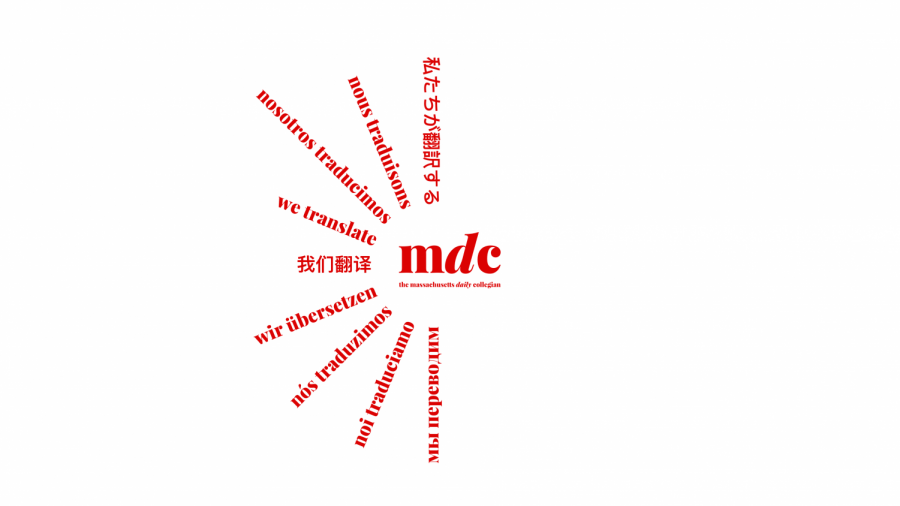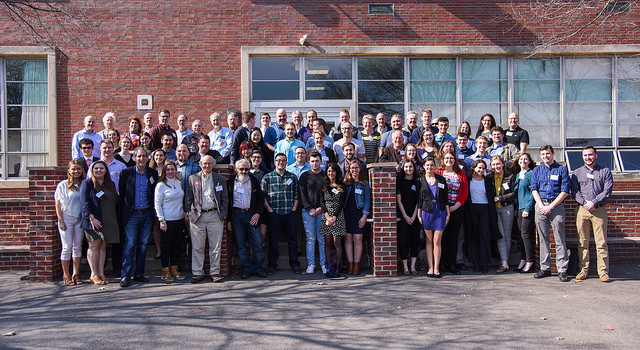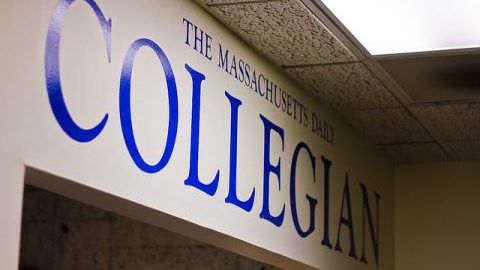As an average college student in the United States, you have the right to vote. Still, most young people don’t.
That needs to change this election.
Voting is a privilege too often taken for granted, one that wasn’t afforded to our ancestors just a few generations ago. To this day, millions of people still can’t cast their ballots for who they believe would best represent their voice in our democracy.
For much of U.S. history, women and young men, as well as most Black people, Natives and Asian Americans were barred from participating in the electoral process. Before the Voting Rights Act of 1965, most Black Americans were disenfranchised. Women were similarly not granted the right to vote until 1920; it was only after the decades-long suffrage movement that the 19th Amendment was put in place. These changes had to be fought for.
Citizens marched, petitioned, boycotted the census and went on hunger strikes. They were abused, arrested and many lost their lives — all to ensure the fundamental right to vote for every American. As an eligible voter in 2020, you are privileged to have a say in the functioning of your democracy.
Yet today, in any given election, between 35 and 60 percent of all eligible voters in the United States do not cast a ballot. This turnout is especially low among young voters between the ages of 18 and 29 – fewer than half of them voted in the 2016 presidential election. Young people comprise an increasing proportion of the electorate — 1 in 10 eligible voters are members of Generation Z. Our vote holds more weight than it ever has before.
This year, our country has witnessed unprecedented challenges – countless lives lost due to COVID-19, police brutality, raging wildfires and poverty in the midst of a recession. With this has come the opportunity for some much-needed reflection and a desire to enact lasting change. We’ve seen a recent increase in political activism, spearheaded by young people.
But conversation and initiatives, while important, are only half the battle. The government is designed to represent you. If you’re dissatisfied with the status quo, let it be known to those in power so they are compelled to change their ways and better reflect your ideals.
There is an understandable sense of hopelessness among voters who are tired of choosing between two seemingly inadequate options or feel their vote doesn’t hold weight. But elections in that past have been decided by just hundreds of votes. In 2009, Sen. Al Franken won the Minnesota race by a mere 312 votes from the 3 million cast. The 2000 presidential election between George W. Bush and Al Gore was similarly decided by just 537 votes during a recount.
By not voting, you simply give more weight to the voices of those who do vote. Moreover, by voting on initiatives like ranked-choice voting, you have the opportunity to create options that better represent your ideals. In case you’re still not convinced of the power young people have in elections — if young people had voted as often as their older counterparts in 2016, we may have had a different president.
In a democracy, your vote is your voice. Don’t censor yourself.
This unsigned editorial represents the majority opinion of The Massachusetts Daily Collegian Editorial Board, members of which can be reached at [email protected].

